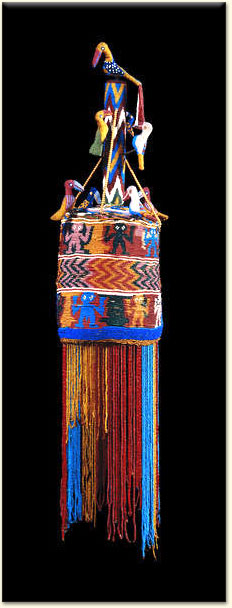Sunrise... prix fixe!
http://scienceblogs.com/insolence/2012/04/eat_the_sun_sun-worshiping_fantasy_versu.php
|quote
Sun gazers seem to think that mammals are like plants in possessing an ability to absorb energy directly from the sun. We're not, of course, as I explained in my inimitable way a year ago... Even if humans could absorb enough energy directly from the sun to keep their metabolism going, they'd still be faced with the problem of what, exactly, they're made of. Food is more than energy. It's amino acids, sugars, fats, and other building blocks necessary to make proteins, DNA, and in general the very chemicals that make up the very structure and metabolism of our bodies.
In brief, sun gazing is a lovely fantasy, but that's all it is: A fantasy. Unfortunately for people who try to rely on sun gazing as a means of nutrition in a serious way, this is reality:
A woman starved to death after embarking on a spiritual journey which involved giving up food and water and attempting to exist on nothing but sunlight. The Swiss woman, who was in her fifties, apparently got the idea after watching the documentary film 'In the Beginning, There Was Light' which features an Indian guru who claims to not have eaten anything in 70 years....the entire concept of "breatharianism" (the belief that you can live on air and sunlight alone). It's similar to ineda, which comes from the Latin word for "fasting" and is the belief that it is possible to live without food. In any case, from what I can tell about the movie, the filmmakers interviewed a bunch of people, including one of our favorite American woo-meisters Dean Radin, who takes quackademic medicine far beyond what most quackademics would ever dare as editor of Explore: The Journal of Science and Healing, in which he delves into distant healing and infusing chocolate with "intent."
The Zurich newspaper Tages-Anzeiger reported Wednesday that the unnamed woman decided to follow the radical fast in 2010.
The prosecutors' office in the Swiss canton of Aargau confirmed Wednesday that the woman died in January 2011 in the town of Wolfhalden in eastern Switzerland.
|end quote
I was often fascinated by the incomplete verbs in Greek, one of which was "edo" and the Middle Voice form "edomai" and a few of the other roots that were used for "eating". You may see I have marked a form of it - ineda - in the above quote by bold, italic underline in the last paragraph. One would think that the verb "to eat" would have a complete verb, not have a whole bunch of tenses and forms missing.
I mean, it's OK for "to know" or "oida" to be grossly lacking in its parts... knowledge is a pretty iffy proposition to start with, so having all kinds of goofy partial verbs, grunts, and gestures to express it is no big surprise.
(Conjugating "To know" in Greek is a lot like: "How does one say 'I know' ?" "Oida."; "How does one say 'I used to know'?" "Oida."
"What's 'I shall know'?" "Oida" .... Oida, oida, oida...
This is where conjugating Greek verbs for the impressionable young student becomes a lot like Abbott and Costello doing "Who's On First?" ....)
But "eating"! That should be just a big "mangiamo!" and every knows the conjugation at all times and places, even when one is flossing the big 32 tea-stained and crooked-as-an-old-split-rail-fence items in the mouth.
Even worse, this "ineda" roguish character seems to be Latin, based on the tediously similar incomplete Latin verb "edo, edere" meaning "eat..., and "in + eda" seemingily meaning "not + eating", although "eda" itself as a noun is novel... it could mean "not sitting" as a Latin-Greek hermaphrodite, and I think I'll go with that... it is not as if I shall be using the expressions above any time soon in any one of the infinite String Theory universes in this neck of the Time-Space continuum.
Bloody Verbs!
--


















No comments:
Post a Comment